Downloads
Pupil Premium Strategy Report 2025-26
Pupil Premium Strategy Report 2023-24
Pupil Premium Strategy Report 2021-22
Pupil Premium Strategy Report 2019-20
Pupil Premium Strategy Report 2018-19
Pupil Premium Strategy Report 2017-18
PUPIL PREMIUM SPENDING 2016 2017
What is it?
The pupil premium is government money designed to help disadvantaged children and young people do well at school. The funding is allocated to schools for children from Reception to Year 11 who have registered for free school meals in the last six years, are in local authority care or have previously been in local authority care or have parents in the armed forces.
Financial year 2024 to 2025
In the 2024 to 2025 financial year, schools will receive the following funding for each child registered as eligible for free school meals at any point in the last 6 years:
£1,480 for pupils in reception year to year 6
£1050 for pupils in year 7 to year 11
Schools will also receive £2,570 for each pupil who is in the care of, or provided with accommodation by, an English local authority as well as pupils who have ceased to be looked after by a local authority in England and Wales because of adoption, a special guardianship order, a child arrangements order or a residence order.
Schools get £340 for every pupil with a parent who:
is serving in HM Forces
has retired on a pension from the Ministry of Defence
How much pupil premium money does our school get?
Year Amount
2023/2024 £226,175
2022/2023 £204,885
2020/2021 £212,680
2019/2020 £203,380
2018/2019 £207,278
2017/2018 £168,200
2016/2017 £158,000
2015/2016 £158,000
How is it spent?
We use our in depth knowledge of the children and families receiving the funding to provide the right support. Some children will already be doing well in English, Maths or other subjects but there may be things we can do to stretch them further, to help them aim high, or to build their confidence- like having a mentor, visits outside of school or taking part in activities to develop social or language skills.
Some children may need financial help so that they can take part in trips and activities. If children are behind in English, Maths or other subjects, we can arrange for them to have special small group or one-to-one teaching which we call ‘intervention programmes’. We choose the classroom approaches and intervention programmes that research shows work.
http://educationendowmentfoundation.org.uk/toolkit/
We spend some of the money on training for staff to make sure they are up-to-date with the latest knowledge about what works for disadvantaged children.
How much parents and carers get involved with their child’s learning makes a big difference to how well they do at school so we also spend money on activities that help keep you informed about their progress and help you know how to support their learning at home.
How will parents know it is working?
We track all children’s progress each term so we can quickly see if plans are working.
If your child takes part in an intervention programme, we will also measure how well they are doing at the start of the programme and at the end so we can see the difference.
We will report to you at parents’ evenings, held twice a year but if you would like information on your child’s progress at any time, please get in touch with your child’s class teacher.
Where can I get more information?
For more information about how we plan provision and track progress please speak to Mrs Franklin (Head Teacher) or Mrs Mclean (Deputy Head Teacher).
I am not sure if my child could have free school meals- where can I get more information?
Please speak to Mrs Chaston in the school office, in confidence. She will be really glad to help.

